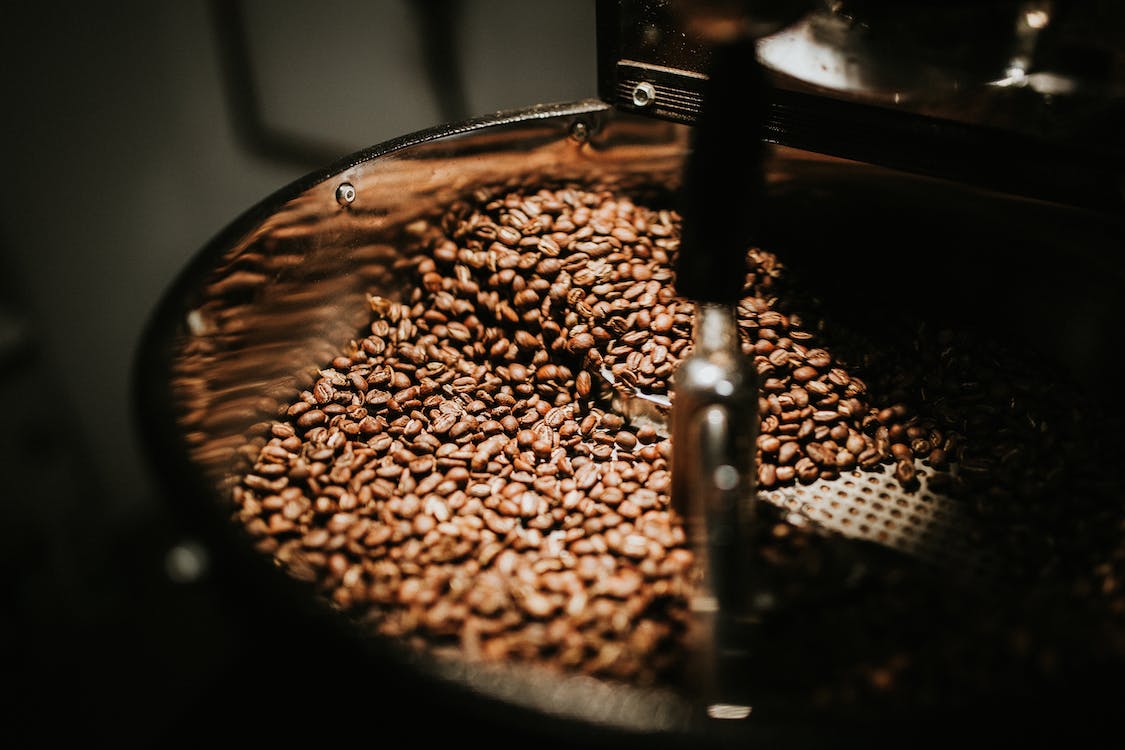
FAQ About Coffee

How are coffee competitions and championships organized?
Coffee competitions and championships are organized to showcase the skills and expertise of coffee professionals, including baristas, roasters, and brewers. These events provide a platform for participants to demonstrate their abilities, share knowledge, and celebrate the craft of coffee. Here's an overview of how coffee competitions and championships are typically organized:
- Event Organization: Coffee competitions are organized by various industry organizations, such as the Specialty Coffee Association (SCA) and World Coffee Events (WCE). These organizations establish guidelines, rules, and standards for the competitions and ensure their integrity.
- Competition Categories: Coffee competitions feature different categories that highlight specific skills or areas of expertise. Some common categories include Barista Championships, Latte Art Championships, Coffee Roasting Championships, Brewers Cup, Cup Tasters Championships, and Coffee in Good Spirits Championships.
- Qualifying Rounds: Depending on the competition, there may be regional or national qualifying rounds where participants compete against each other to earn a spot in the national or international championships. These rounds often involve demonstrations of skills, sensory evaluations, and theoretical knowledge tests.
- Championship Events: The top performers from the qualifying rounds advance to the national or international championship events. These events attract participants from around the world and are usually held in prominent coffee industry gatherings or dedicated coffee festivals. Examples include the World Barista Championship and the World Brewers Cup.
- Competition Format: Competitors showcase their skills through a series of timed performances or presentations. Each competition category has specific requirements and criteria that participants must adhere to. Judges, often comprised of experienced industry professionals, assess the competitors based on various factors, including technical skill, sensory evaluation, creativity, presentation, and knowledge.
- Judging and Scoring: Competitions employ standardized scoring systems and criteria to evaluate the competitors' performances. Judges assess factors such as taste, beverage presentation, cleanliness, technical proficiency, creativity, and adherence to competition rules. Scores are awarded based on these criteria, and the competitor with the highest overall score is declared the winner.
- Prizes and Recognition: Winners of coffee competitions receive recognition for their achievements and often receive prizes, including cash rewards, sponsored trips, equipment, and the opportunity to represent their country or region in future competitions.
